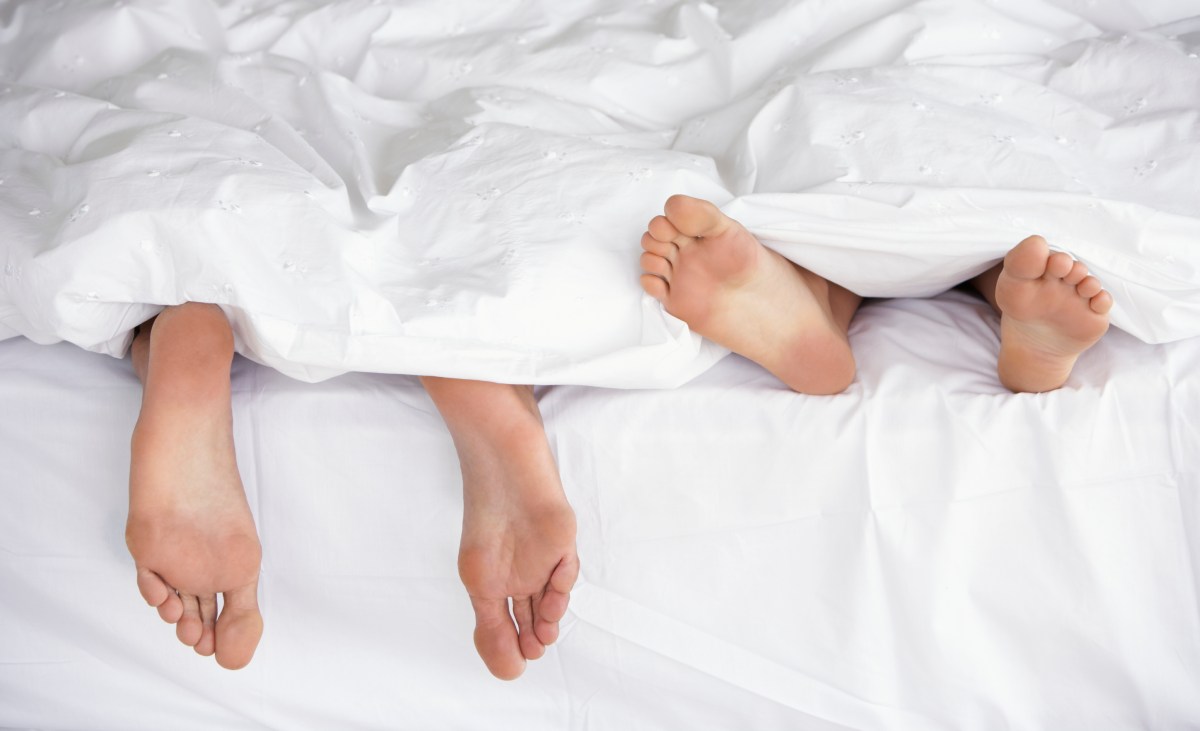Earlier this year, I made the rather hyperbolic prediction that coronavirus could mean the end of sex. Apparently, however, it turns out we’d already been heading that way for a while.
Recent research found that sexual activity among young Americans has been on the decline since at least the dawn of the new millennium, with researchers from Indiana University and Sweden’s Karolinska Institute finding a significant increase in sexual inactivity between 2000 and 2018. According to the new study, published Friday in the medical journal JAMA Network Open, the percentage of sexually inactive 18- to 24 year-old men increased from 18.9-percent between 2000 and 2002 to 30.9-percent between 2016 and 2018 — well before the coronavirus pandemic had a chance to put a damper on our sex lives.
The study found that women were affected as well, though the increase in women’s sexual inactivity was most pronounced among slightly older women in the 25- to 34-year age range.
So if we can’t blame coronavirus, what can we blame? The internet, apparently.
“Put simply, there are now many more choices of things to do in the late evening than there once were and fewer opportunities to initiate sexual activity if both partners are engrossed in social media, electronic gaming or binge-watching,” wrote Jean M. Twenge, professor of psychology at San Diego State University, in an invited commentary on the research.
Twenge also attributed the decline in sexual activity among young adults specifically to “a broader cultural trend toward delayed development.” As millennials continue to delay other major adulthood milestones like marriage and childbirth, it seems they’re also in less of a rush to have sex. However, delayed family planning doesn’t tell the whole story. According to Twenge, “adolescents and young adults are taking longer to grow to adulthood” in general, which includes establishing economic stability. The study found that men who were unemployed, had part-time employment or lower incomes were even more likely to be sexually inactive, and while that could be attributed to the idea that such men may have more difficulty attracting mates, Twenge raises another excellent point: “It is more difficult to date and engage in sexual activity when not economically independent of one’s parents.”
So while coronavirus (and the New York Health Department’s exhaustive new guidelines for corona-safe sex) probably isn’t helping quench any sexual dry spells, it turns out we’ve actually been in a sexual drought for years.
Subscribe here for our free daily newsletter.
The Charge will help you move better, think clearer and stay in the game longer. Subscribe to our wellness newsletter today.


















